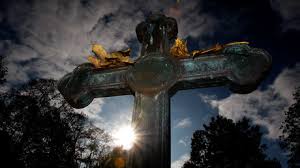I had a call from Rosalie Kunoth-Monks the other day. Rosalie is an elder of the Arrernte-Alyawarra people, who lives in Utopia, a vast and remote region in the “red heart” of Australia. The nearest town is Alice Springs, more than 200 miles across an ancient landscape of spinifex and swirling skeins of red dust. The first Europeans who came here, perhaps demented by the heat, imagined a white utopia that was not theirs to imagine; for this is a sacred place, the homeland of the oldest, most continuous human presence on earth.
Rosalie was distressed, defiant and eloquent. Her distinction as one unafraid to speak up in a society so often deaf to the cries and anguish of its first people, its singular uniqueness, is well earned. She appears in my 2013 film, Utopia, with a searing description of a discarded people: “We are not wanted in our own country.” She has described the legacies of a genocide: a word political Australia loathes and fears.
A week ago, Rosalie and her daughter Ngarla put out an alert that people were starving in Utopia. They said that elderly Indigenous people in the homelands had received no food from an aged care program funded by the Australian Government and administered by the regional Council. “One elderly man with end-stage Parkinson’s received two small packets of mincemeat and white bread,” said Ngarla, “the elderly woman living nearby received nothing.” In calling for food drops, Rosalie said, “The whole community including children and the elderly go without food, often on a daily basis.” She and Ngarla and their community have cooked and distributed food as best they can.

